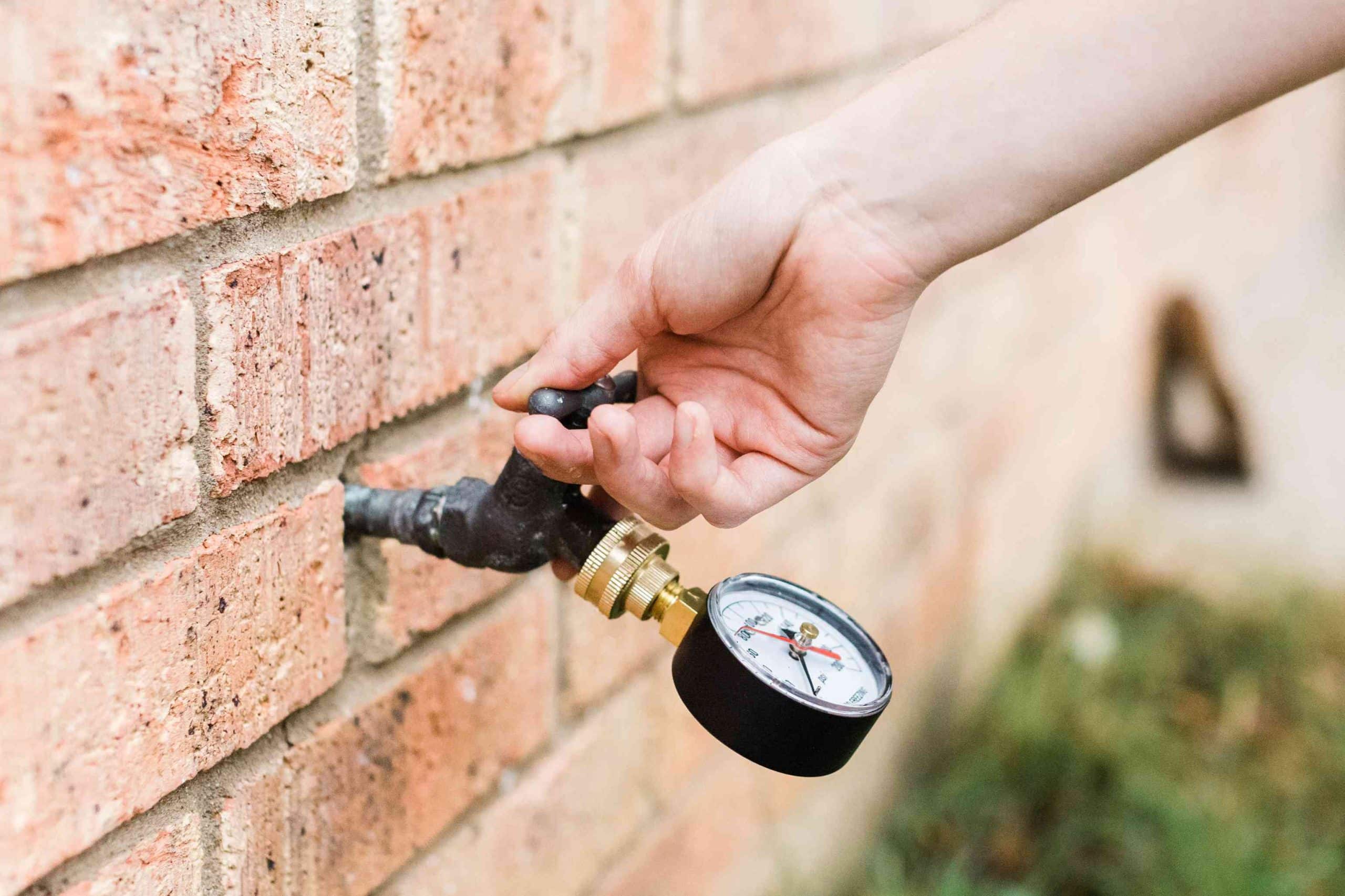
As the chilly grip of winter loosens its hold and nature awakens, it's time to turn our attention to the often overlooked yet crucial aspect of home maintenance: plumbing. With the change in seasons, your plumbing system might require some care and attention to ensure it functions smoothly throughout the warmer months. To help you stay ahead of potential issues, we've put together a comprehensive spring plumbing checklist.
1.Inspect Outdoor Faucets and Sprinkler Systems:
- Check for any signs of damage or leaks in outdoor faucets and sprinkler systems that may have been caused by freezing temperatures during winter.
- Ensure that hoses are properly connected and not leaking.
2.Clear Gutters and Downspouts:
- Remove debris, leaves, and other obstructions from gutters and downspouts to prevent clogs that can lead to water damage and drainage issues.
- Ensure that downspouts direct water away from the foundation of your home to prevent basement flooding.
3.Check Sump Pump Functionality:
- Test your sump pump by pouring water into the sump pit. Ensure that it activates and pumps water out effectively.
- Clean the sump pit of any debris that may impede the pump's operation.
4.Inspect Indoor Plumbing Fixtures:
- Check for leaks under sinks, around toilets, and behind appliances such as washing machines and dishwashers.
- Look for signs of water damage on walls and ceilings, which may indicate hidden leaks.
5.Flush Water Heater:
- Sediment buildup in your water heater can reduce its efficiency and lifespan. Drain and flush the water heater to remove sediment and improve performance.
- Consider setting the water heater temperature to 120°F to save energy and prevent scalding.
6.Test Toilet Functionality:
- Ensure that toilets flush properly and that there are no leaks around the base.
- Check for signs of running toilets, such as continuous water flow in the bowl, which can waste water and increase utility bills.
7.Inspect Washing Machine Hoses:
- Examine the hoses connecting your washing machine to the water supply for any signs of wear, bulging, or leaks.
- Consider replacing rubber hoses with stainless steel braided hoses for added durability and leak prevention.
8.Check Water Pressure:
- Use a water pressure gauge to test the water pressure in your home. High water pressure can strain pipes and fixtures, leading to leaks and damage. Per Georgia and IPC code requirements, the pressure of a residential home should not exceed 80 PSI.
- Install or replace the pressure regulating valve if necessary to maintain optimal water pressure throughout your plumbing system.
9.Inspect Outdoor Drainage:
- Ensure that outdoor drains are clear of debris and functioning properly to prevent water from pooling around your home's foundation.
- Redirect downspouts away from paved surfaces to prevent erosion and water damage.
Schedule Professional Inspection and Maintenance:
Regular inspections by a licensed plumber are essential for maintaining the health and efficiency of your plumbing system. Consider scheduling a professional inspection with Chen Plumbing, a trusted local company serving Atlanta since 1998. With their extensive experience and commitment to quality service, Chen Plumbing's experienced technicians can provide a thorough assessment of your plumbing system. They will identify any potential issues and recommend necessary repairs or maintenance to ensure your plumbing runs smoothly throughout the season.
